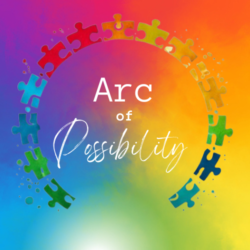For individuals with autism, social skills aren’t just about learning how to “fit in”—they’re about discovering how to connect meaningfully, while also understanding that being alone is not a weakness, but a gift!
Being Alone is a Gift
- Time to recharge – Many autistic individuals find peace and restoration in solitude. This time allows them to reflect, process emotions, and engage in special interests that bring joy.
- Clarity of thought – Solitude fosters focus and creativity. It’s a space where they can be fully themselves without sensory or social pressure.
- Self-awareness – Alone time helps build emotional intelligence and a deeper understanding of personal needs and values.
Why Social Skills Still Matter
- For independence – Knowing how to communicate needs clearly can help in housing, work, and health care.
- To build safe relationships – Social skills teach boundaries, respect, and how to recognize healthy vs. unhealthy connections.
- To thrive in community – Connection doesn’t mean constant socializing. It means having chosen support and knowing how to interact when it matters most.
Teaching Tip:
Use both structured and flexible tools to teach social interaction, such as:
- Visual scripts for everyday scenarios
- Role-playing with real-life examples (ordering food, asking for help)
- Identifying personal space and boundaries
- Practicing “social rest” as part of the routine (e.g., time to decompress after social interaction)


